Humanitarian Guide to Interpreting (Polish)
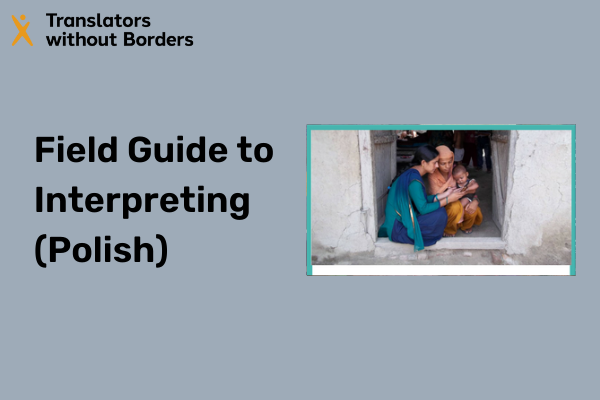
You can also view our Humanitarian Guide to Interpreting in Polish here.
A framework for the ethical use of advanced data science methods in the humanitarian sector
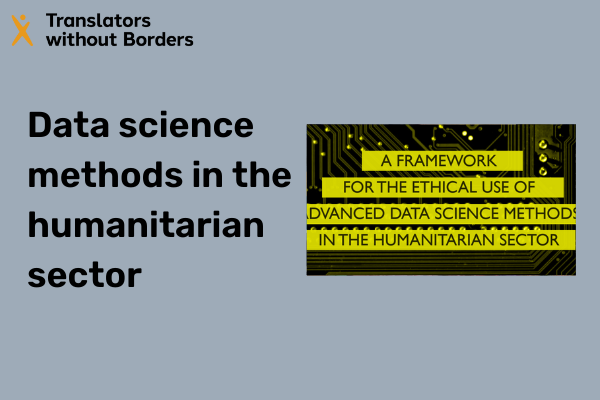
This framework is designed to highlight key ethical considerations, and to provide a practical guide for exploring or implementing advanced data science methods to […]
Learning review research for TWB trained community-based interpreters in Nigeria
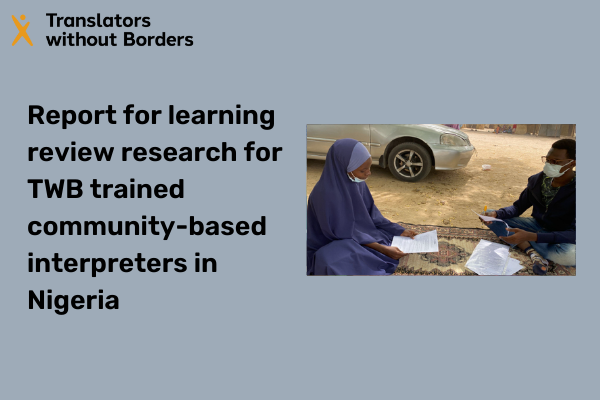
View this research report in a new window here.
TWB glossary for WFP Community Engagement
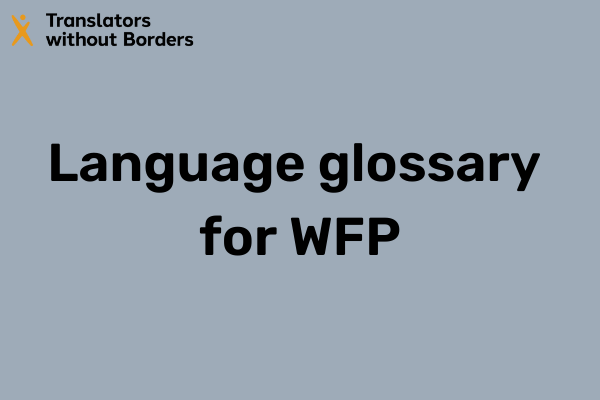
The TWB glossary for WFP Community Engagement covers subject areas relevant to affected communities in a variety of contexts and includes a total of […]
Philippines Super Typhoon Rai (“Odette”) – Crisis language map
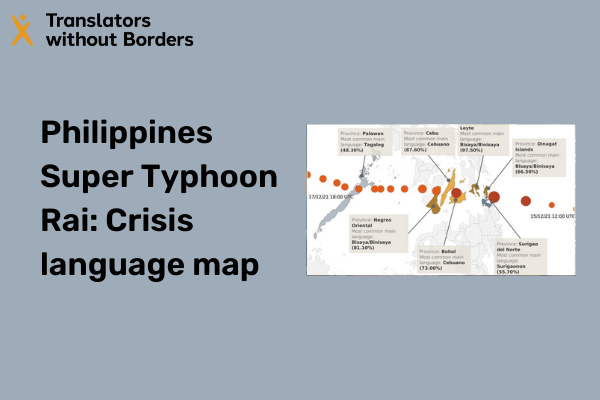
(Click here to open in a new window.) Typhoon Rai made an initial landfall in Siargao Island, province of Surigao del Norte in Caraga […]
Localized communication minimizes the impact of Ebola in DRC
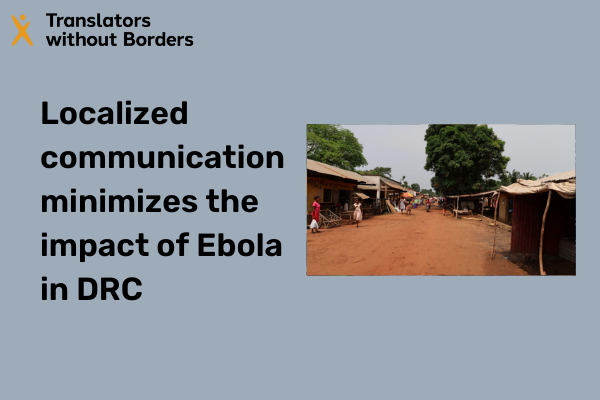
The response to the 11th Ebola outbreak in the Democratic Republic of Congo (DRC) proved the merits of local, multilingual communication with communities. TWB’s […]
In the loop: developing effective complaints and feedback mechanisms
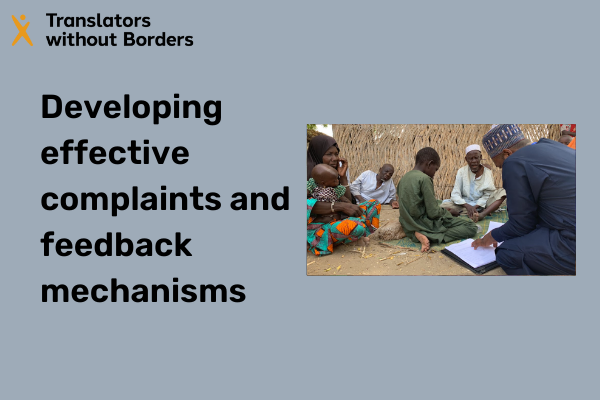
Complaints and feedback mechanisms are an essential part of the humanitarian community’s ability to be held accountable for the assistance and protection we deliver. […]
Bangladesh and Myanmar: language needs across borders
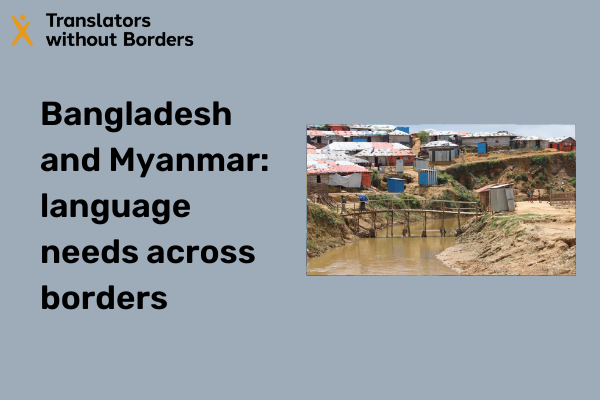
The Rohingya are marginalized in Myanmar society, as reflected in their lack of legal status and recognition as citizens. Across the border in Bangladesh, […]
Ebola: a crisis of language
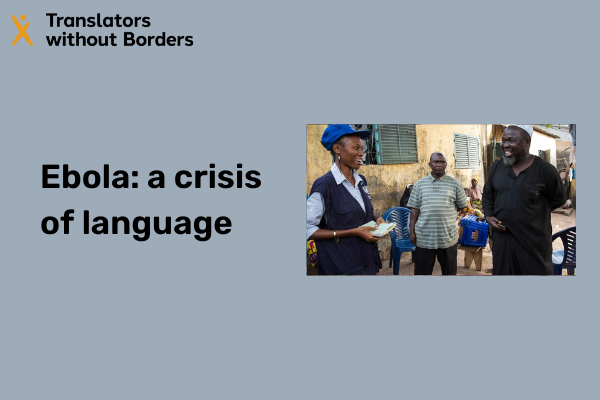
The Language Factor: Lessons for the 11th Ebola outbreak on adapting to the language needs of communities learned during the 10th Ebola epidemic in the Democratic Republic of Congo
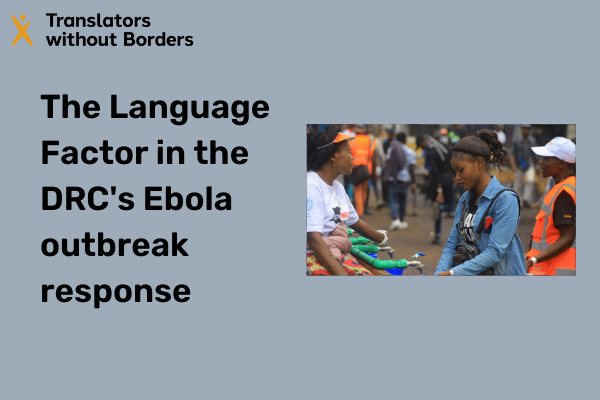
Previous Ebola virus disease (EVD) outbreaks offer lessons for public health experts responding to the 11th outbreak. This review highlights that responders need to […]